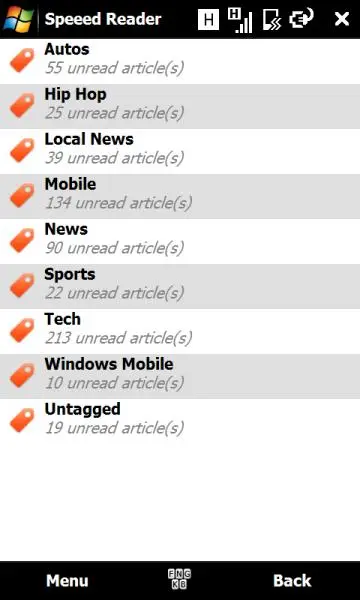RIP to Google Reader, 10 Years Later
The Verge put together an excellent piece together on the rise and tortured fall of Google Reader. It’s an excellent piece that is worth the read for those who were actively on the internet in the late 2000s and early 2010s.
Reader appealed primarily to information junkies, who wanted a quick way to keep up with all their favorite publications and blogs. (It turned out there were two types of Reader users: the completionists, who go through every unread item they have, and the folks who just scroll around until they find something. Both sides think the other is bonkers.) The team struggled to find ways to bring in more casual users, some of whom were put off by the idea of finding sites to subscribe to and others who simply didn’t care about reading hundreds of articles a day.
One feature took off immediately, for power users and casual readers alike: a simple sharing system that let users subscribe to see someone else’s starred items or share their collection of subscriptions with other people. The Reader team eventually built comments, a Share With Note feature, and more. All this now seems trite and obvious, of course, but at the time, a built-in way to see what your friends liked was novel and powerful. Reader was prescient.
I lived in Google Reader. It’s how I kept up with the blog-era of the internet. I had dozens of self curated blogs and websites with RSS feeds I would read multiple times per day. It’s how I kept up with the world. I wasn’t a big TV news watcher. Twitter and Facebook weren’t news aggregators yet, so Google Reader was my go to. So I built up a pretty strong habit of checking it and marking things as read until I reached the end.
Google Reader was also the inspiration for one of my first side projects, Speeed Reader, a Google Reader client for Windows Mobile. It was my first mobile app that I sold on the Windows Marketplace where I made tens of dollars. Even the Twitter account, @SpeeedReader is still in it’s existence. This project gave some of my first true software development experience because at the time, I was a mediocre QA engineer who had also been laid off. With Speeed Reader, I learned so much about RSS, XML parsing, C#, OAuth, selling and marketing an app, etc.

In this time period after Google Reader was killed, I moved on to Feedly. While Feedly did the job, it wasn’t Google Reader, though I continue to use it to this day. Luckily, I semi-maintained my curated set of blogs and websites so I can read news I enjoy and not the news recommended to me by the algorithms. With my social circles on Twitter and Reddit dispersing to decentralized platforms and off of the social web entirely, I can still keep up with those who are still writing.
If Google launched a similar product today, I probably wouldn’t touch it due to their terrible track record killing beloved products (RIP to Inbox). I do sometimes think about building my own personal Google Reader to relive some of those good times.
🧇